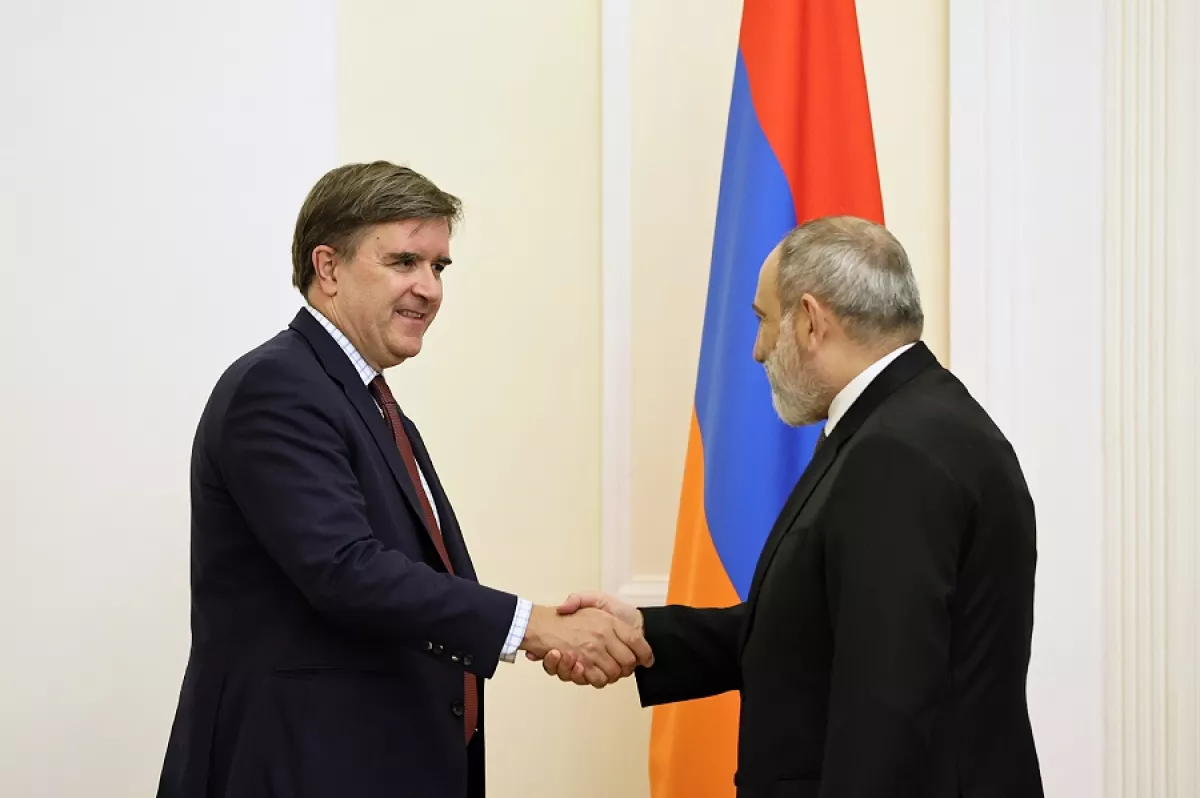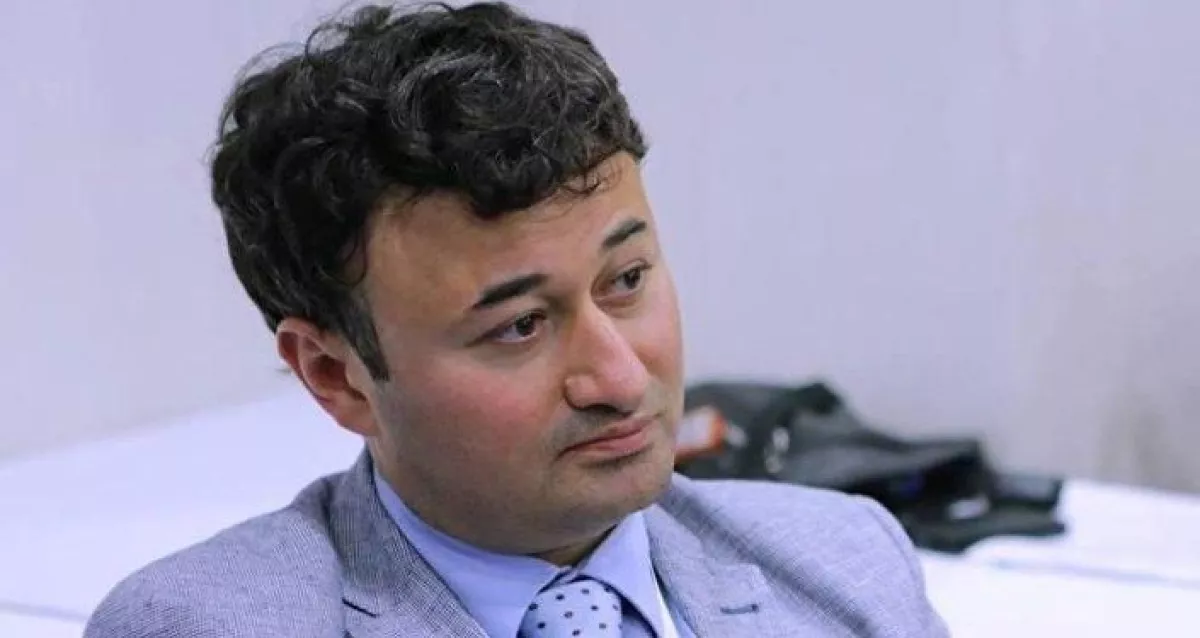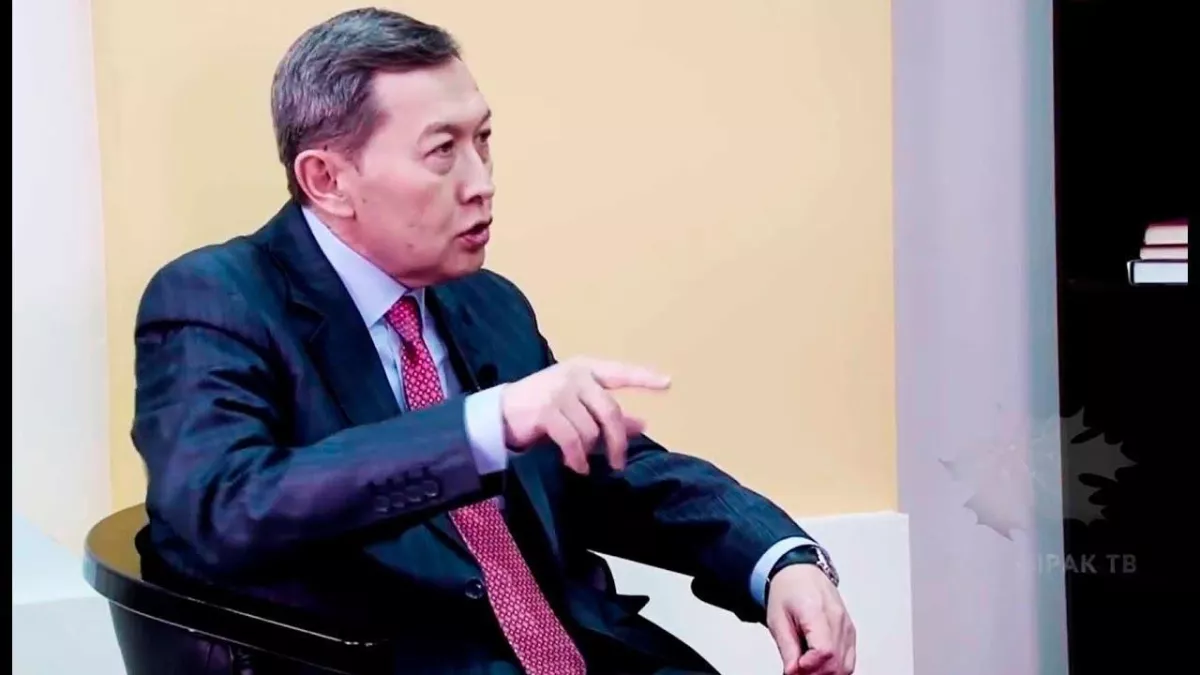Walking the fine line: Pashinyan’s tricky dance with the CSTO Experts weigh in on PM’s ambivalence
Armenian Prime Minister Nikol Pashinyan has announced that Armenia entirely suspended its involvement in all Collective Security Treaty Organisation (CSTO) activities.
"Armenia has halted its participation in the CSTO at every level, and for now, we view this decision as adequate," Pashinyan stated, adding "Currently, there’s no immediate need for further action, but this doesn’t rule out the possibility of future decisions." He refrained from specifying when, if ever, Armenia might fully withdraw from the CSTO.
In June, Pashinyan indicated that Armenia plans to exit the CSTO when deemed necessary, a stance he reaffirmed during a parliamentary speech. Earlier this year, he had mentioned freezing the country’s CSTO membership and, in May, Armenia declared it would cease its financial contributions to the organization.

In June, the United States and Armenia formalised a strategic partnership, prompting Washington to propose an expansion of military cooperation with Yerevan. US Undersecretary of State for European and Eurasian Affairs, James O'Brien, highlighted the successful joint military exercises held in 2023 and expressed optimism about further strengthening military ties between the two nations. In July, the Eagle Partner exercises took place in Armenia, involving both Armenian and American troops.
Despite this burgeoning alliance with the West, Armenian Prime Minister Nikol Pashinyan has frequently mentioned Armenia's potential departure from the Collective Security Treaty Organisation (CSTO). Yet, he has not taken definitive steps to exit the organization. This raises questions: Is Pashinyan hesitant or cautious about leaving the CSTO entirely? Or is he attempting to maintain a delicate balance — developing military ties with Western allies while keeping the door open to the CSTO?
Caliber.Az has sought insights from prominent political analysts to shed light on this complex situation.

Rovshan Ibrahimov, professor at Hankuk University of Foreign Studies in South Korea and political scientist, recalled that Pashinyan, referring to the CSTO issue in his speech, stated that Armenia has no plans to withdraw from the military bloc.
“That is, this is his last statement and Armenia's position in general. In principle, logically, to leave this organisation without having at least access to some similar alternatives is recklessness from the point of view of foreign policy for any state,” Ibrahimov said.
Ibrahimov also noted that Yerevan feels the CSTO did not assist it during the Second Karabakh War, though, as he pointed out, the CSTO’s involvement was not expected since the conflict occurred solely on Azerbaijani territory.
“That is, if in the future there is an attack on the territory of Armenia by any state, then, even despite its membership in the CSTO, its attitude to this organisation, as it is today, at least neutralises the positions and desires of other members of this union to side with or defend Yerevan,” Ibrahimov explained. “Moreover, there are countries in the CSTO that are more likely to provide assistance not to Armenia, but to its opponents. In this sense, their participation in the CSTO ties their hands – these are, for example, the countries of Central Asia.”
The professor speculated that Armenia has likely discussed its position with Western sponsors. “I believe that Armenia has repeatedly discussed this issue with its Western sponsors. That is, except for acting from the point of view of populism, which is ponderous in Armenia's domestic and foreign policy, nothing positive and fruitful at the moment will be given to this country by the withdrawal from the CSTO,” Ibrahimov stressed.

Askar Dzhakishev, a Kyrgyz political expert and Doctor of Historical Sciences, offers insight into the factors shaping the current policies of Pashinyan. According to Dzhakishev, Pashinyan's approach is significantly influenced by the wealthy and influential diasporas of the United States and France, both of which share a similar political agenda concerning the Karabakh issue and Armenia's future.
“The Armenian diaspora in Russia has its own perspective on these issues. Meanwhile, the Armenian population is itself divided, expressing a range of viewpoints,” Dzhakishev explains.
In addition to diaspora influences, Dzhakishev notes that Pashinyan’s government is under considerable political and diplomatic pressure from a variety of sources. These include regional states such as Azerbaijan, Georgia, Iran, and Türkiye, as well as European countries like France and England, and the "strategic partner" Russia.
“All these factors and circumstances shape the political strategies of the Pashinyan government. It can be described as an attempt to engage with multiple external players, akin to playing chess on several boards, with Pashinyan confident in his grandmaster abilities,” Dzhakishev states. “However, it’s important to remember that Pashinyan’s opponents are seasoned political players who are unlikely to be easily outmanoeuvred. They may well provide Pashinyan with a very instructive lesson in political strategy.”








